Reading for Pleasure Develops Imagination and Better Language Skills – IELTS Writing Task 2
Want to boost your IELTS Writing score? Explore Band 7-9 sample answers on "Reading for Pleasure Develops Imagination and Better Language Skills" to perfect your essay!
Table of Contents
- Question
- Band 7 Sample Answer for Writing Task 2 Question – Reading for Pleasure Develops Imagination and Better Language Skills
- Band 8 Sample Answer for Writing Task 2 Question – Reading for Pleasure Develops Imagination and Better Language Skills
- Band 9 Sample Answer for Writing Task 2 Question – Reading for Pleasure Develops Imagination and Better Language Skills
- IELTS Writing Task 2 Connectors for Gaining Bonus Points in the Sample Answers for Pleasure Develops Imagination and Better Language Skills
- Additional Study Resources

Try AI Essay Checker for Instant Band Score
Agree Disagree essays, like ‘Reading for Pleasure Develops Imagination and Better Language Skills’, are the most common type of questions in IELTS Writing Task 2.
In contrast to classic Agree Disagree essays, ‘To what extent do you agree or disagree’ questions do not specifically ask you to declare your level of agreement or disagreement with the statement. You can either say for or against the notion or you can partly agree or disagree with it. Once you’ve made up your mind, come up with two or three arguments in favor of it. The ‘Reading for Pleasure Develops Imagination and Better Language Skills’ is an Agree/Disagree Writing Task 2 question will help you acquaint yourself with the format of structuring an IELTS Agree Disagree essays. If you want to practise regularly, check out the Writing Task 2 practice tests.
Let’s have a look at the Agree Disagree essay – Reading for Pleasure Develops Imagination and Better Language Skills – with three sample answers.
Question
You should spend about 40 minutes on this task.
It has been seen that reading for pleasure develops imagination and better language skills than watching TV. To what extent do you agree or disagree?
Give reasons for your answer and include any relevant examples from your own knowledge or experience.
You should write at least 250 words.
Outline
Type of Essay:
Structure Breakdown:
|
Check out these sample questions and answers to practice and prepare for the IELTS Writing Task 2
Band 7 Sample Answer for Writing Task 2 Question – Reading for Pleasure Develops Imagination and Better Language Skills
Some people believe reading books in leisure time helps develop creativity and improve language skills. However, this belief is opposed by others, as they support that watching television is more useful. Even though both have their benefits, I believe reading books is more profitable. The following paragraphs in this essay will further clarify my view.
To begin with, reading for pleasure opens the door to limitless worlds of imagination. When we read a book, we are not just passive observers; we become active participants in creating a mental image. For instance, readers worldwide have been charmed by the thrilling adventures of the characters and became a part of the magical realm of the Harry Potter series created by J.K. Rowling. Therefore, the power of imagination produced through reading allows individuals to imagine and explore the fantastic world beyond the limitations of reality.
Moreover, reading for pleasure is a powerful tool for language development. When we read a well-written novel or a thought-provoking poem by famous authors like Jane Austen or William Shakespeare, we discover a wide variety of vocabulary and language structures. Their mastery of language reflected in novels such as ‘Pride and Prejudice’ and plays like ‘Hamlet’, not only provides knowledge but also serves as a treasure for readers aiming to refine their language skills. On the other hand, television often fails to offer the same level of engagement and mental push as books. For example, watching a detective series may provide a suspenseful story, but it does not need viewers to picture the scenes or characters like reading a mystery novel does.
In conclusion, the benefits of reading for pleasure, including the development of imagination and language skills, are unquestionable. Hence, I support that even though television has its place in entertainment and education, reading books plays a decisive role in developing creativity and language abilities. (309 words)
Vocabulary
- Leisure (Noun)
Meaning: time when one is not working or occupied; free time
E.g.: My mother likes to crochet in her leisure time.
- Profitable (Adjective)
Meaning: making money; producing good or helpful results or effects
E.g.: Even though he was running a profitable business, he sold it and left home.
- Clarify (Verb)
Meaning: to make something clear or easier to understand by giving more details or a simpler explanation
E.g.: You need to clarify your doubts before attempting to answer the questions.
- Passive (Adjective)
Meaning: not acting to influence or change a situation
E.g.: The teacher did not like passive listeners in the class and so introduced different activities.
- Charmed (Verb)
Meaning: very pleased or attracted by someone or something
E.g.: The child was charmed by the magician.
- Realm (Noun)
Meaning: an area of interest or activity
E.g.: The king took to his magical realm.
- Thought-provoking (Adjective)
Meaning: making you think a lot about a subject
E.g.: The thought-provoking findings of this research created a stir among the scientific community.
- Engagement (Noun)
Meaning: degree of attention, interest, curiosity, motivation and passion
E.g.: He believed that engagement in various activities will help Yuvi.
- Unquestionable (Adjective)
Meaning: not open to question or doubt
E.g.: The judge’s decision to let the prisoner go was unquestionable.
- Decisive (Adjective)
Meaning: able to make decisions quickly and confidently, or showing this quality
E.g.: The family took a decisive decision to marry off their daughter due to the gossip.
Don’t wait to solve your IELTS queries? Book a free trial & talk to our Experts NOW!
Band 8 Sample Answer for Writing Task 2 Question – Reading for Pleasure Develops Imagination and Better Language Skills
In the age of technology, where television and digital screens dominate our leisure time, the debate over the benefits of reading for pleasure versus watching TV has gained significant attention. While both activities have their merits, I firmly believe that reading for pleasure not only stimulates the imagination but also enhances language skills in a way that television cannot.
On one hand, the hypnotic quality of reading for pleasure is remarkable in its ability to power the imagination. When we dive into a good book, like Roald Dahl’s ‘Charlie and the Chocolate Factory’, we are transported into a world of pure imagination. The vivid descriptions of Willy Wonka’s chocolate factory and the impulsive characters spark our creative capabilities, enabling us to fantasize about the unbelievable settings and characters in our minds.
Most importantly, the language used in well-crafted literature enriches language aptitudes. For example, the playful rhymes and inventive language in the timeless tales of Dr. Seuss’s ‘Green Eggs and Ham’ not only intrigue young readers but also introduce them to the richness and flexibility of language. As a result, reading exposes us to a diverse range of vocabulary and sentence structures, laying the foundation for strong language skills. On the other hand, television, with gripping TV shows, does not require the same mental effort as reading. For instance, while J.K. Rowling’s ‘Harry Potter’ book series provides a more detailed and imaginative experience, allowing readers to delve deeper into the magical world of Hogwarts, watching the film adaptation misses out on the ingenious elements.
To sum up, I would like to point out that while both reading for pleasure and watching TV have their worth, the unique ability of books to stimulate imagination and enhance language skills is unparalleled. (289 words)
Vocabulary
- Merits (Noun)
Meaning: the quality of being good and deserving to be praised or rewarded, or an advantage that something has
E.g.: You should not ignore the merits of exercising.
- Stimulates (Verb)
Meaning: to encourage something to grow, develop, or become active
E.g.: Regular exercise stimulates the blood flow and releases stress.
- Hypnotic (Adjective)
Meaning: making you feel as if you want to sleep or are in a trance
E.g.: The movie had a hypnotic effect on the audience.
- Vivid (Adjective)
Meaning: seeming like real life because it is very clear, bright, or detailed
E.g.: The book gave a vivid description of the accident and its after effects.
- Impulsive (Adjective)
Meaning: showing behavior in which you do things suddenly without any planning and without considering the effects they may have
E.g.: Maggie is an impulsive person and makes random decisions.
- Fantasize (Verb)
Meaning: to think about something very pleasant that is unlikely to happen
E.g.: Mina was asked not to fantasize about the prince on a white horse and work hard for the exams.
- Aptitudes (Noun)
Meaning: a natural ability or skill
E.g.: Raj’s aptitude for sports pushed him to become a better player.
- Intrigue (Verb)
Meaning: to interest someone a lot, especially by being strange, unusual, or mysterious
E.g.: The couple was intrigued by the fight of their fellow passenger.
- Ingenious (Adjective)
Meaning: having or showing an unusual aptitude for discovering, inventing, or contriving
E.g.: Roy made up an ingenious plan to loot the bank.
- Unparalleled (Adjective)
Meaning: having no equal; better or greater than any other
E.g.: The beauty of the cathedral was unparalleled.
Join us in our IELTS webinars to learn proven tricks to handle IELTS Writing! Explore Now!
Band 9 Sample Answer for Writing Task 2 Question – Reading for Pleasure Develops Imagination and Better Language Skills
Unlock Answer
First and foremost, the immersive quality of reading for pleasure is exceptional in its ability to fuel the imagination. To exemplify, J.R.R. Tolkien’s ‘The Lord of the Rings’ series, a literary masterpiece, has transported millions of readers to the enchanting realms of Middle-earth. Through explicit descriptions and intricate narratives, Tolkien invites readers to visualize landscapes, characters, and epic battles, fostering a level of imaginative engagement that is hard to replicate in other forms of media. Furthermore, reading for pleasure serves as a linguistic benefit, providing a rich source of vocabulary and subtle language structures. Classic works like George Orwell’s ‘1984’ or F. Scott Fitzgerald’s ‘The Great Gatsby’ showcase the power of language to convey complex ideas and evoke profound emotions, enabling readers to express themselves with greater depth and clarity.
Conversely, with its visual and auditory storytelling, television has its own usefulness. The acclaimed series ‘Sherlock’ transforms Sir Arthur Conan Doyle’s classic detective tales into a visually captivating experience. While it may not demand the same imaginative input as reading, the visual medium engages viewers in a different but equally compelling manner, contributing to narrative comprehension and emotional connection. Besides, TV can be a linguistic educator. Educational programs and well-scripted dramas expose audiences to a range of speech patterns, accents, and colloquial expressions, enhancing language skills through auditory learning.
All in all, the debate between reading for pleasure and watching TV is not about declaring one superior to the other, but recognizing their unique strengths. Since both activities contribute significantly to imagination and language skills, I believe the key lies in striking a thoughtful balance and appreciating the benefits each medium provides in its distinctive way. (338 words)
Vocabulary
- Nurtures (Verb)
Meaning: to take care of, feed, and protect someone or something, especially young children or plants, and help him, her, or it to develop
E.g.: Every mother nurtures their baby with love and care.
- Cognitive (Adjective)
Meaning: relating to or involving the processes of thinking and reasoning
E.g.: As people seek more knowledge, their cognitive abilities become sharper.
- Auditory (Adjective)
Meaning: of or about hearing
E.g.: Due to the accident, the auditory canal in the ear got damaged.
- Immersive (Adjective)
Meaning: characterized by experience that is absorbing or exciting
E.g.: The presentation was quite immersive and detailed.
- Explicit (Adjective)
Meaning: clear and exact
E.g.: The coach took an explicit action and suspended the player.
- Replicate (Verb)
Meaning: to make or do something again in exactly the same way
E.g.: Do not replicate the answers; create something on your own.
- Linguistic (Adjective)
Meaning: connected with language or the study of language
E.g.: The professor is working on the linguistic skills of his students.
- Acclaimed (Adjective)
Meaning: to give public approval and praise
E.g.: Vinci is acclaimed for Monalisa and his breakthrough on human anatomy.
- Compelling (Adjective)
Meaning: very exciting and interesting and making you want to watch or listen
E.g.: He made some compelling arguments and won the debate competition.
- Colloquial (Adjective)
Meaning: used in or characteristic of familiar and informal conversation
E.g.: Learning colloquial language will help you to communicate easily with the natives.
Looking for an exclusive IELTS Writing Task 2 study guide? Get Your Copy Now!
IELTS Writing Task 2 Connectors for Gaining Bonus Points in the Sample Answers for Pleasure Develops Imagination and Better Language Skills
Check out the list of connectors used in the above-given sample answers that will help you add coherence to your writing and earn points for your IELTS Writing Task 2 – Reading for Pleasure Develops Imagination and Better Language Skills.
- However
- To begin with
- For instance/For example
- Therefore
- Moreover
- On the other hand
- In conclusion
- Hence
- I firmly believe that
- On one hand
- Most importantly
- As a result
- To sum up
- In my opinion
- First and foremost
- To exemplify
- Furthermore
- Conversely
- Besides
- All in all
Now that you have gone through the sample answers on the topic – Reading for Pleasure Develops Imaginations and Better Language Skills – it is time for you to try writing on your own. For that, leave your answers as a comment below or you can use our FREE evaluation service!
Additional Study Resources
- As Computers Translate Quickly and Accurately, Learning Foreign Languages is a Waste of Time – IELTS Writing Task 2
- IELTS Writing Task 2 Preparation Tips/Tricks 2023
- Many People Think Modern Communication Technology Is Having Some Negative Effects On Social Relationship – IELTS Writing Task 2
- The Advantages brought by the Spread of English as a Global Language will Outweigh the Disadvantages- IELTS Writing Task 2
- Big Salary is More Important than Job Satisfaction – IELTS Writing Task 2
- Coherence and Cohesion in IELTS Writing
Practice IELTS Writing Task 2 based on Essay types

Start Preparing for IELTS: Get Your 10-Day Study Plan Today!
Explore other IELTS Articles
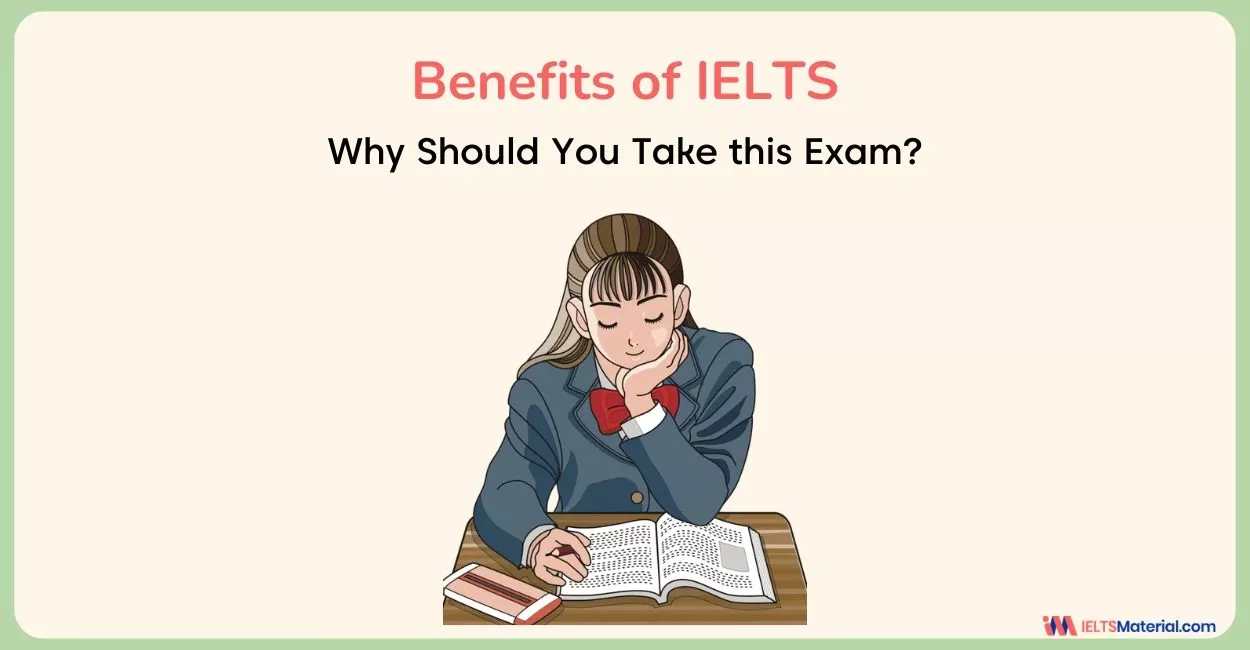
Kasturika Samanta
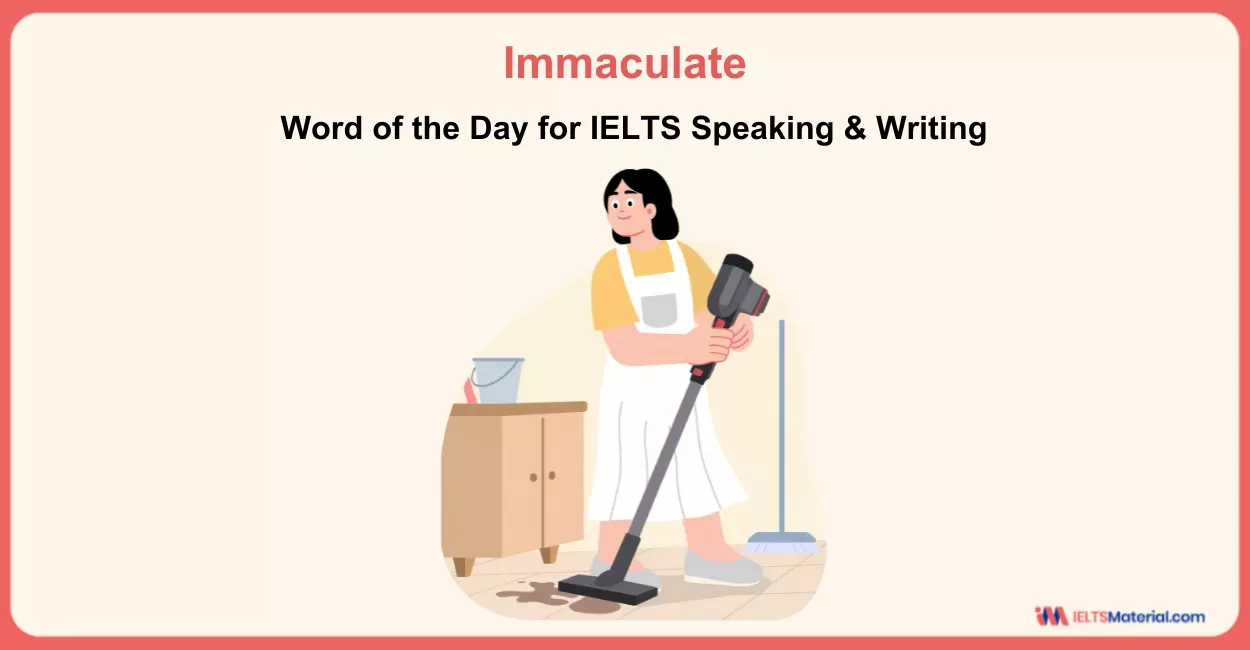
Haniya Yashfeen
Recent Articles

Haniya Yashfeen
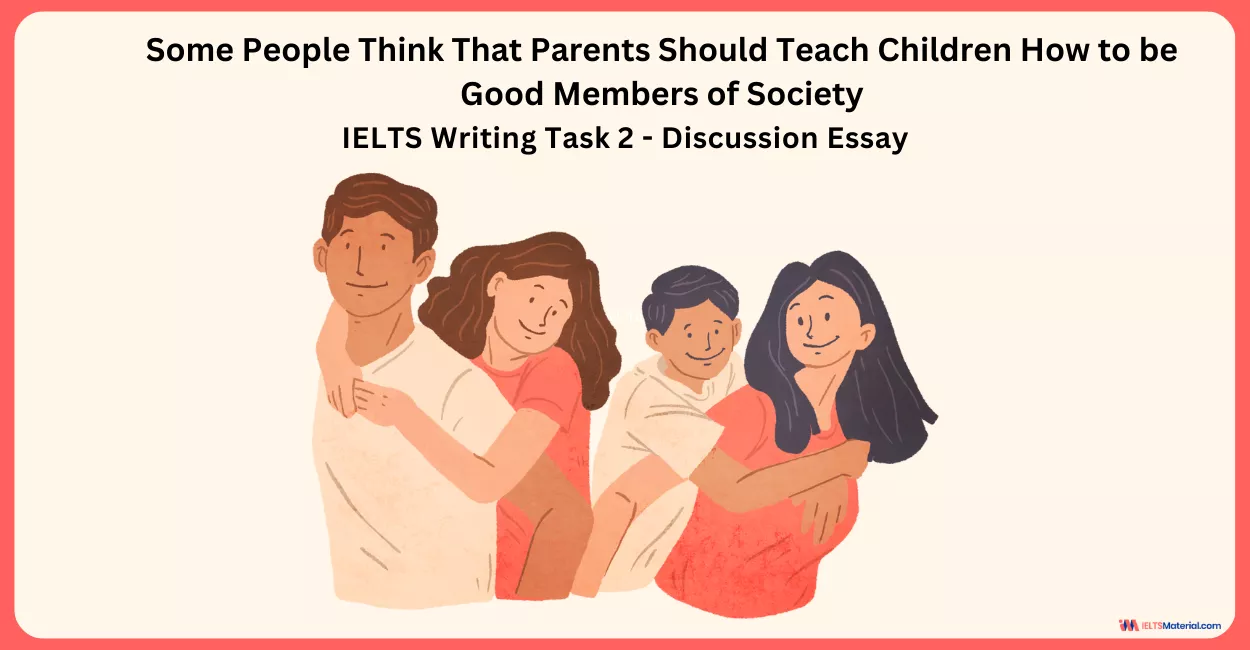

Prity Mallick

Kasturika Samanta
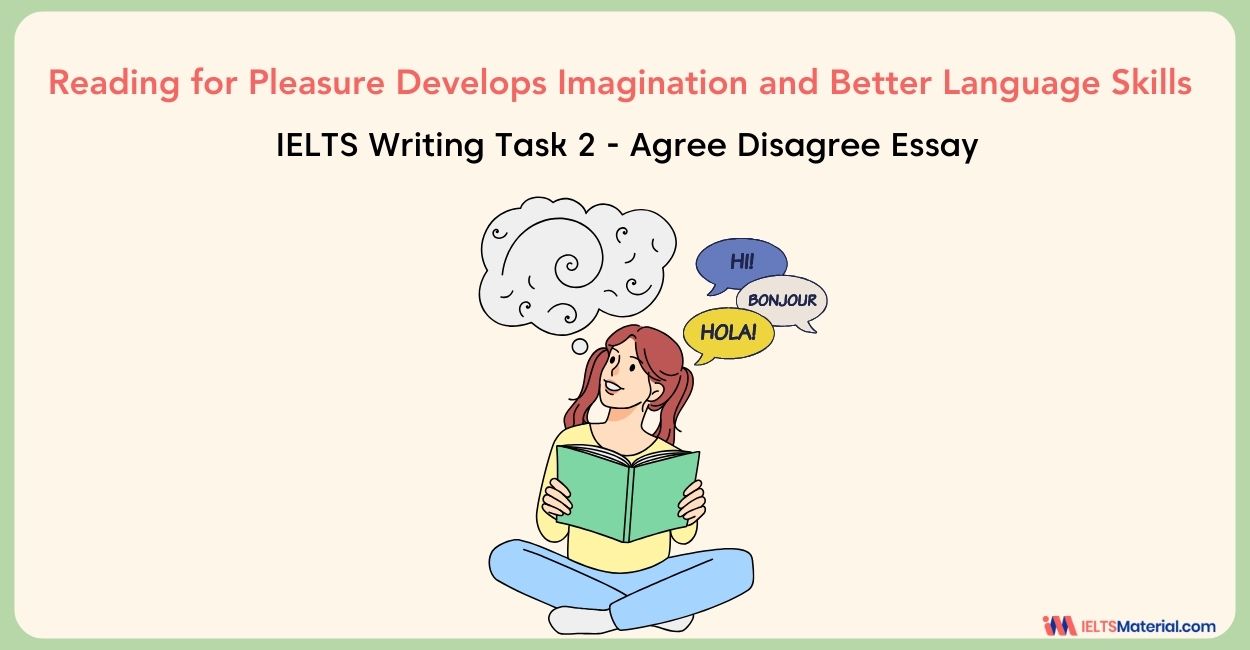

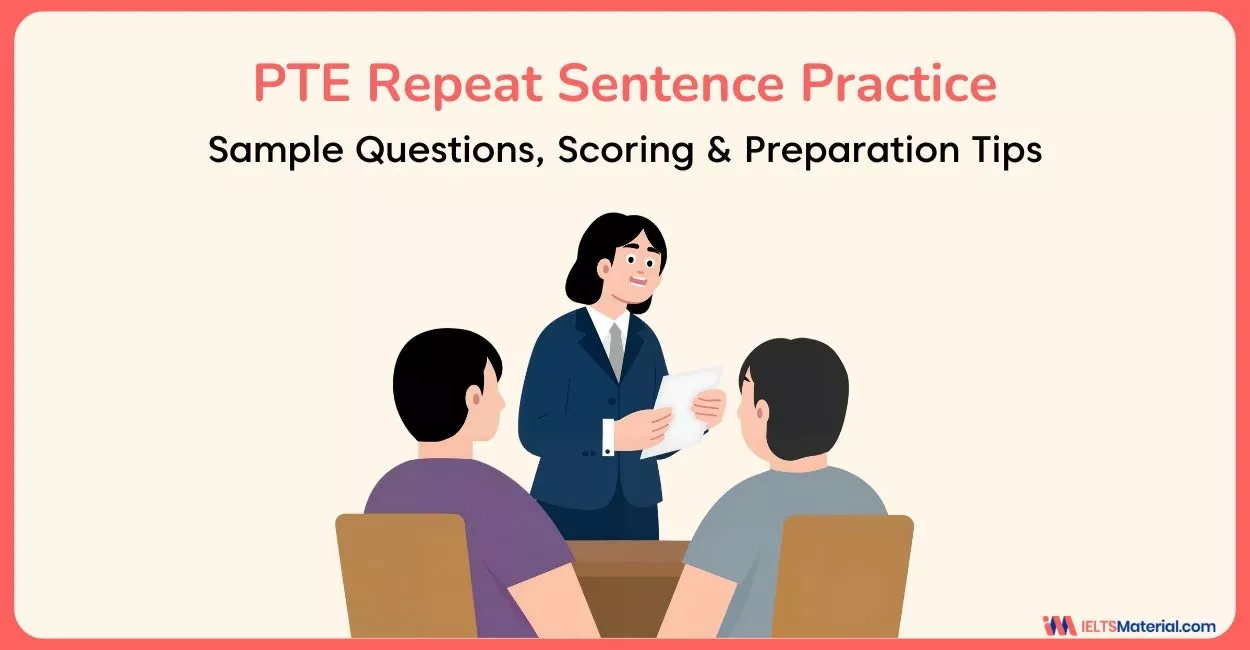
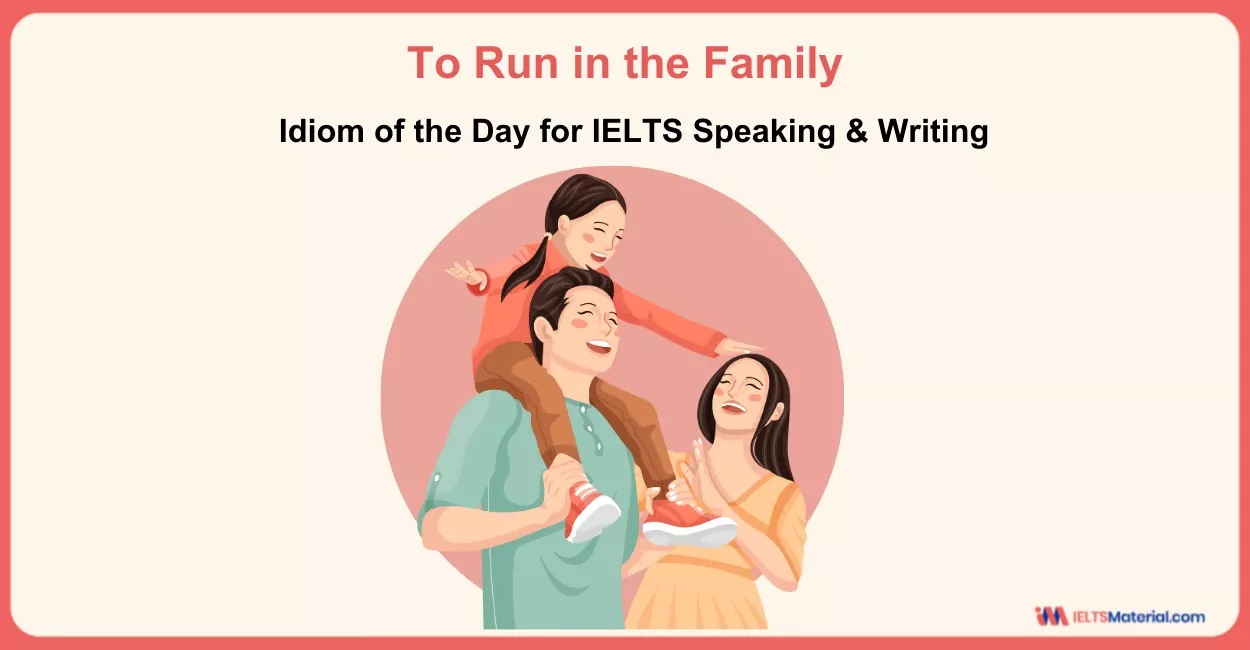


Post your Comments